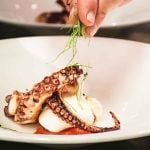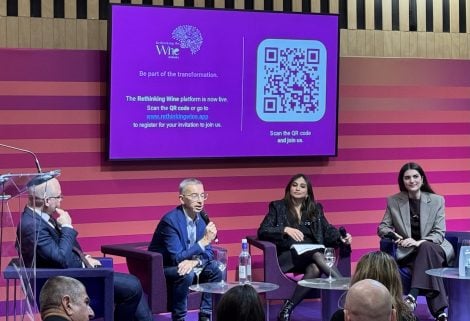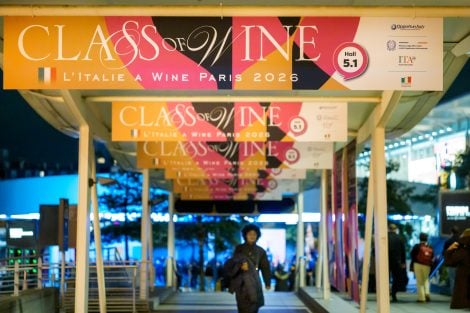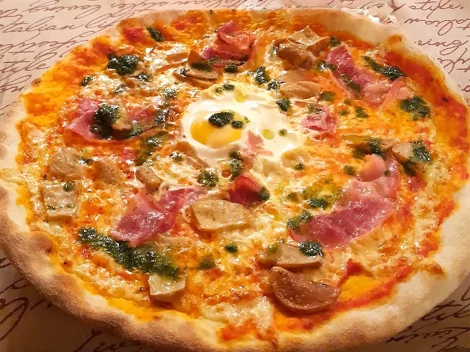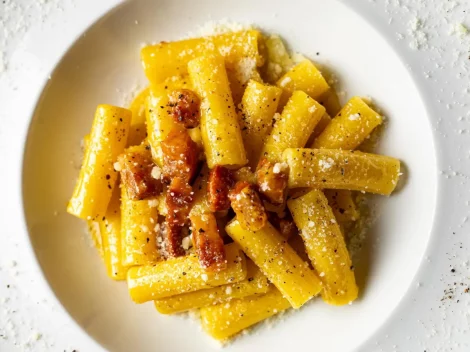According to data from the Observatory of Economic Complexity, in 2023 Nigeria imported US$3.16 million worth of Italian wine (around 6% of the total value of wine imports into the country) and in the same year the import value of Italian wine going into Kenya was US$2.67m (11% of the total value of wine imports into Kenya).
What the data shows for both markets is that exports of wine from Italy are behind those from countries such as France and South Africa. However, where there's a gap there's potential to grow.
Among those who believe that Italian wine could become a big thing in Nigeria and Kenya is Victoria Mulu-Munywoki. Based in Nairobi, Mulu-Munywoki has become a figurehead of the wine trade, hosting masterclasses and tastings and even serving as captain of Team Kenya at the World Blind Tasting Championships. She also curates the wine selection of retailer Cellar 254.
How did you get into wine?
I did not grow up around wine and only encountered my first glass as an adult whilst working in Germany. I fell in love with wine over a business lunch with colleagues. It was so delicious and different from anything I had ever tasted. Talk about love at the first sip! That moment sparked a yearning to learn more about wine. Driven by curiosity and, admittedly, the trappings of a corporate life, I took formal classes and travelled across wine countries, learning and experiencing all the aspects of the world of wine. It was then easy to immerse myself in the European wine and food culture. Fast forward to years later, and I inevitably pivoted into the wine business.
What has been your most memorable Italian wine experience?
A while back, I attended a special Radici Virtuoso Gambero Rosso trip to Puglia–Salento with a vibrant group of wine media from around the world. We toured the region and visited producers in three different DOCs. Exploring Salento, the land, its people, their culture, the wine and food was a beautiful and unforgettable experience. I also remember with great fondness attending the Tre Bicchieri Awards and tasting thereafter. Collectively, this total immersion into great Italian wines over the course of a week left an indelible mark on me, perhaps partly because the pace of life in Puglia mirrors that on the Kenyan coast.
If you had to choose a traditional Kenyan dish and an Italian wine to pair, what would you pick and why?
I would choose Mbuzi wet-fry, Terere and Ugali – lightly-spiced goat meat with amaranth greens and cornmeal (similar to polenta but stiffer). This is a hearty staple that is cooked frequently in most homes. It pairs perfectly with either Chianti, Primitivo, Dolcetto or Nero d'Avola, wines that are already appreciated by consumers.
How would you compare and contrast the wine markets of Nairobi and Lagos?
Nairobi and Lagos are both vibrant, dynamic, and promising markets. Both markets are understandably import-dependent, with consumption being highest in urban centres. There is notable year-on-year growth. The curious and educated youth population is a major driver of this market growth and they play a significant role in popularising wine through social media. Commercially, both markets experience challenging financial and regulatory risks.
However, there are stark differences, the most glaring being that Nigeria, with its population, is definitely Africa’s biggest market. Kenya is the wine capital of Africa, with more international wine varieties and a sophisticated hospitality sector. Lagos consumption is dominated by easy-drinking and value wine, with a large percentage of consumers preferring sweeter styles of wine compared to Nairobi, where dry wine with fruit-forward profiles is better appreciated. Lagos moves huge volumes in the luxury wine segment in comparison and trade is dominated by the exciting open markets, whereas Nairobi is controlled by modern trade. Worth noting is that Lagos is a major hub for luxury wine consumption, driven by its large, wealthy population.
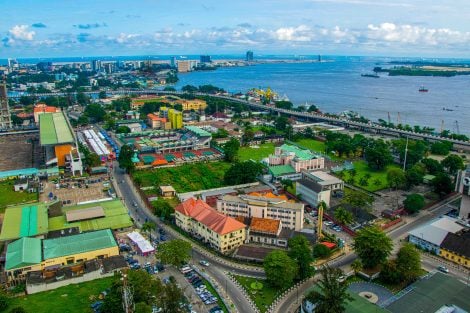
Lagos, Nigeria. Image credit: Koutchika Lihouenou Gaspard
Wine consumption in Nairobi is education-oriented and driven by a growing middle class plus a significant expatriate population. Both are increasingly keen on quality. On the other hand, the Lagos market is driven by its large population, which is status-oriented. Lagos is rather fragmented and focused on value, high-volume brands, while in Nairobi, the whole gamut of wine tiers and producers have a market.
What role will wine education play in getting Kenyans further interested in wine?
The wine culture in Kenya has evolved remarkably in the last decade. Wine education is paramount and has been a strong catalyst in promoting wine appreciation. Sustained education will empower importers and the trade to build diversified and tiered portfolios. It will help them upsell quality wine effectively. Inversely, education will give consumers the confidence to move up the value chain and explore different grape varieties, better quality wines and authentic styles from various regions. Education helps to tell the story behind the bottle and will certainly remain pivotal for the long-term growth of the wine business in Kenya.
What do you think Italian wine producers should do if they want their wines to be commercially successful in Africa?
Italian wine has infinite potential in Africa; however, consumers will always gravitate to well-known brands. Producers must actively participate in growing the local wine culture through regionally adapted education and experiential events are a great way to build a lasting connection with consumers; for example, Italian wine paired with local food is an impressive way to allow consumers to experience quality wines without feeling alienated by their story.
Additionally, investing in value-driven partnerships with importers, like facilitating merchandising and funding in-market training for the modern trade staff. Producer visits to the markets are a proven no-brainer model for building commercial relationships that yield success and provide opportunities to shape the industry in these markets.
Which Italian regions do you think have the most commercial potential in Kenya?
Appreciation for Tuscany, Sicily, Veneto and Puglia wines has grown. Campania, Marche, Abruzzo and Piedmont wines hold great appeal and potential too.
What about Nigeria?
Nigeria has salient potential for more styles of wines from different regions. Despite the growing variety that is present in the market, Emilia Romagna, Veneto, Sicily, Tuscany and Puglia have enormous opportunities here.
Do you think it's important for European wine media brands, such as Gambero Rosso, to hold wine tasting events in Africa?
Absolutely! Are you in business if you are not doing any business in Africa? Africa is an important and growing market that deserves top-tier events that lend prestige and boost trade. For instance, the validation by Gambero Rosso's Top Italian Wines Roadshow Nairobi has been an excellent opportunity for importers, distributors and consumers to discover, explore and appreciate different Wines with structured masterclasses educating on multiple regions, native grapes and their complex wines.
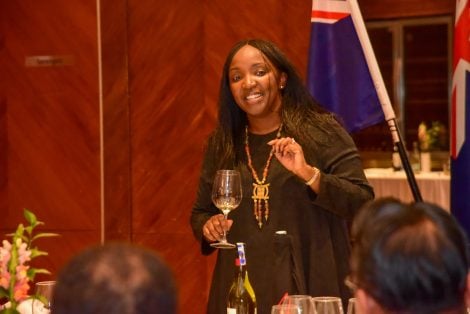
These events have served as a crucial business platform for Italian producers to find reliable and reputable importers and distributors, with impressive success in the last two years. Ultimately, the social buzz and press coverage at this event is a media multiplier, creating incredible brand awareness and interest far beyond the attendees.
Gambero Rosso is coming to Lagos for the very first time in January – given its huge economic growth, do you think Lagos could become a major wine trade city, similar to Hong Kong?
In Lagos, anything and everything is possible! In many ways, it is already similar to Hong Kong with it being an immensely wealthy city that is driving huge consumption volumes in the luxury segment of the wine market. Spending is high and Lagos is heading towards becoming the wine trade capital of West Africa. However, the wine knowledge and trade infrastructure are a stumbling block hindering Lagos from developing into an established global hub like Hong Kong is. Time will tell! The Gambero Rosso event is the first important step in boosting its confidence, trade-readiness and stature.
The Top Italian Wines Roadshow will be in Lagos, Nigeria on 27 January and Nairobi, Kenya on 30 January 2026.


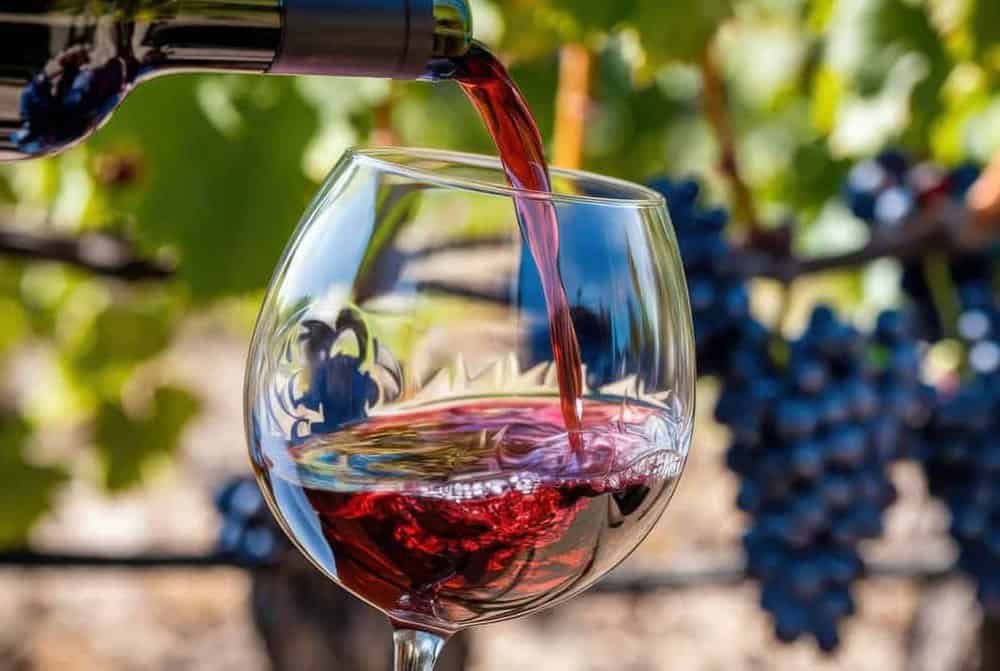 What is Ormeasco?
What is Ormeasco?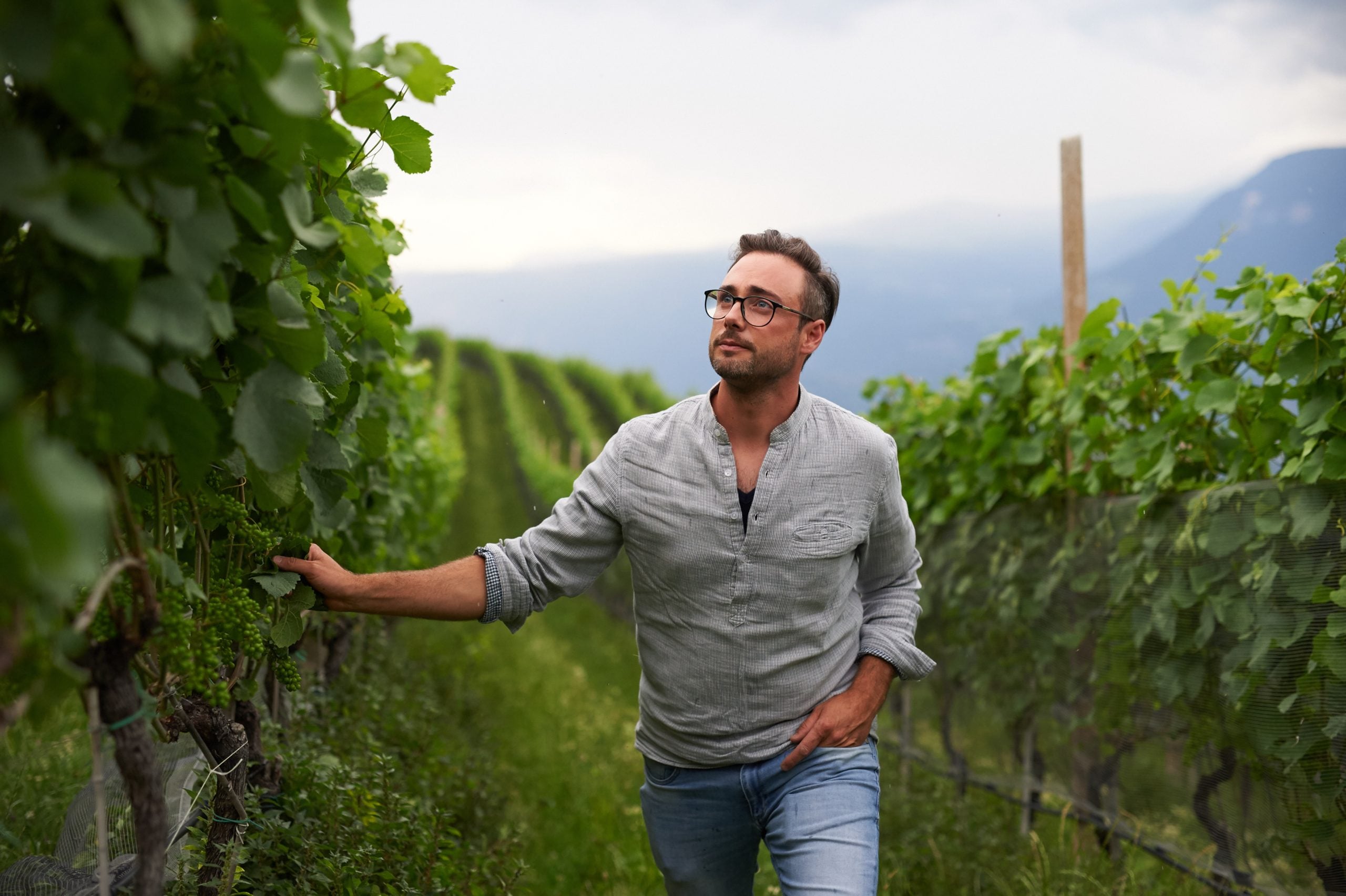 The role mapping played in the creation of one of Alto Adige's best Sauvignon Blancs
The role mapping played in the creation of one of Alto Adige's best Sauvignon Blancs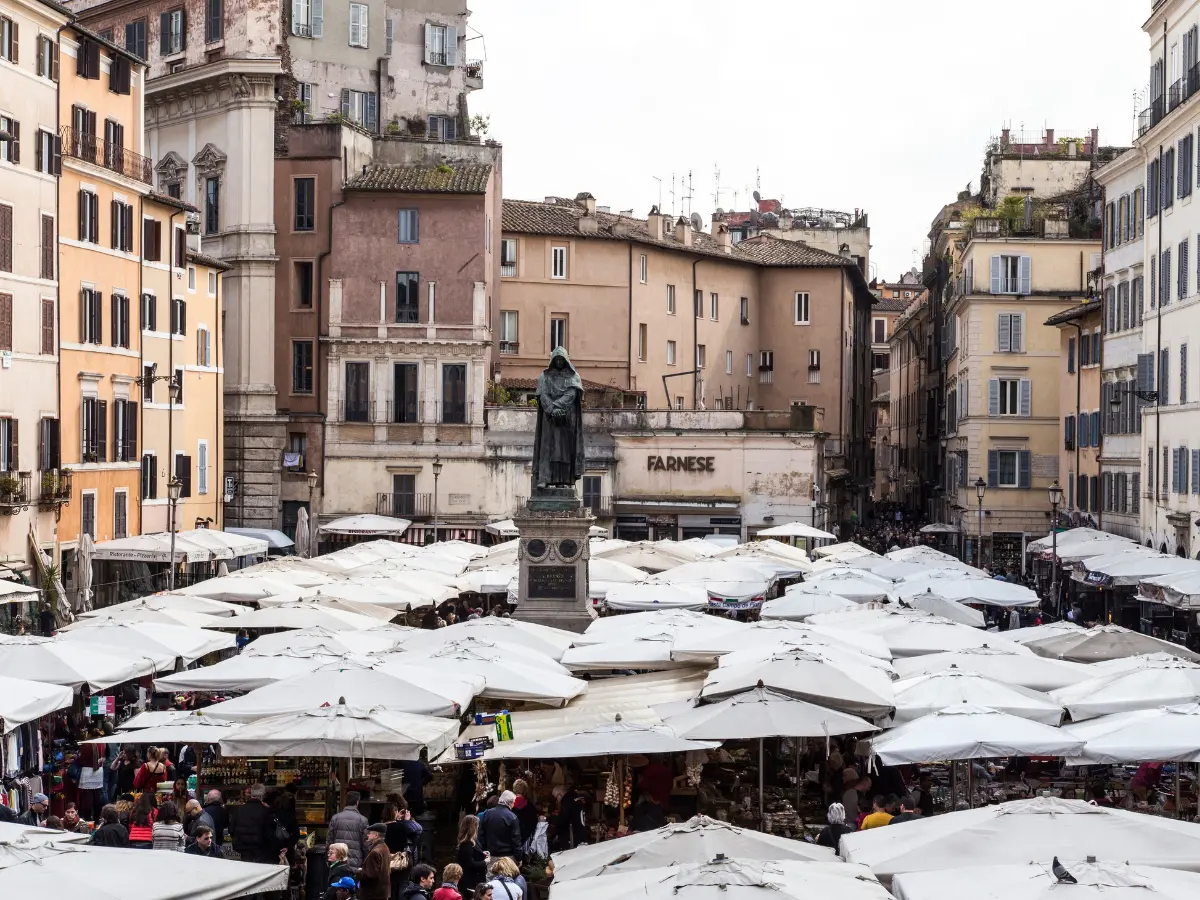 'Campo de’ Fiori is no longer a market': The transformation that no one talks about
'Campo de’ Fiori is no longer a market': The transformation that no one talks about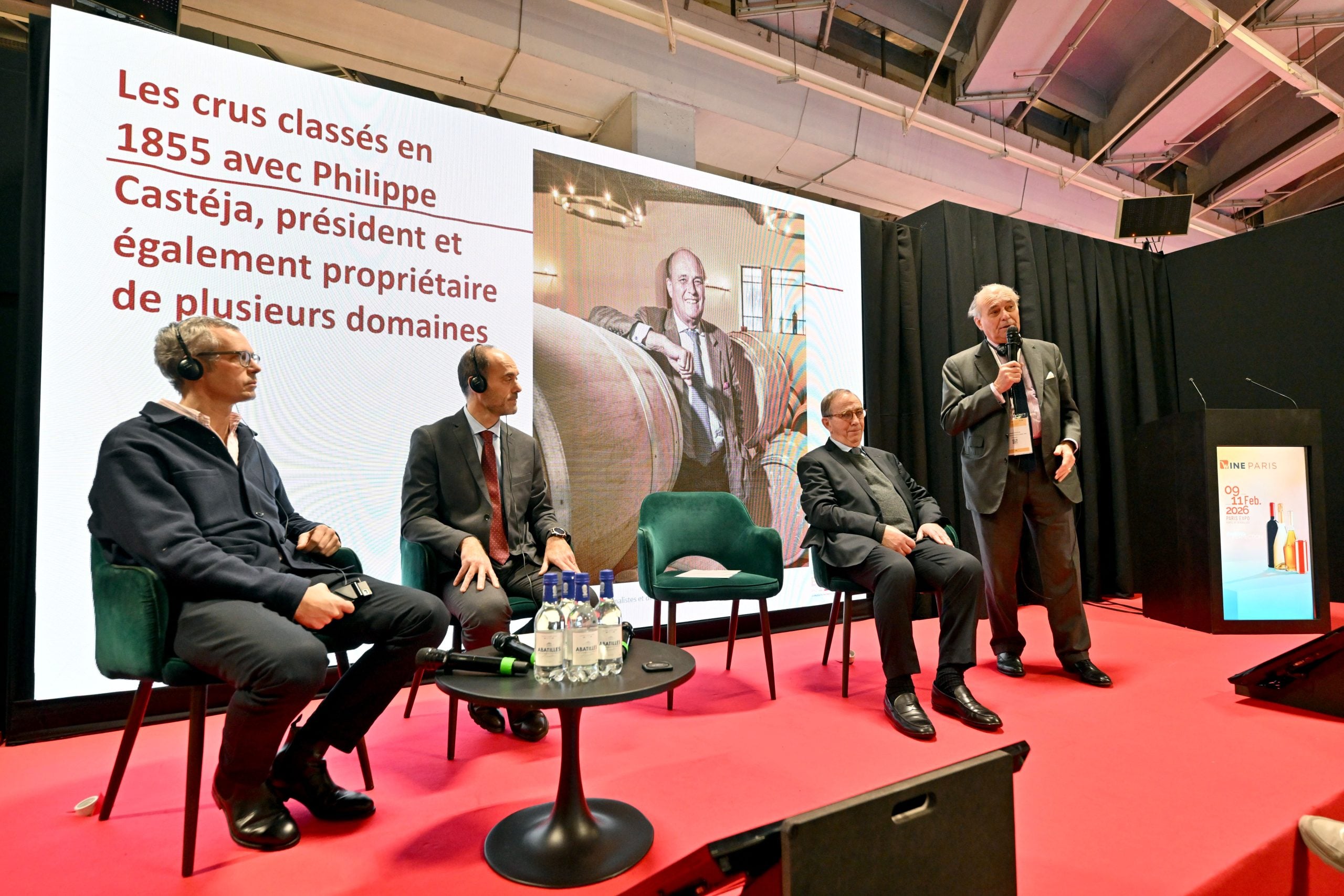 'Excellent products will remain excellent' – but does Old World wine have to adapt to survive?
'Excellent products will remain excellent' – but does Old World wine have to adapt to survive? Why 'the rules are still being written' for non-alcoholic drinks
Why 'the rules are still being written' for non-alcoholic drinks
